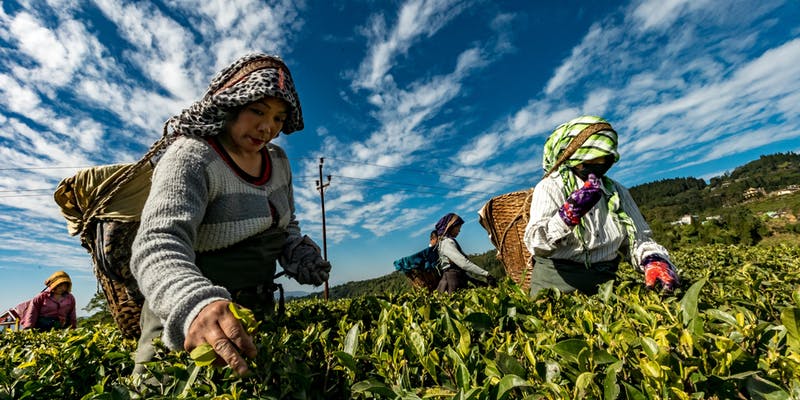Research shows that lands managed by Indigenous Peoples and local communities with secure rights experience lower rates of deforestation, store more carbon, hold more biodiversity, and benefit more people than lands managed by either public or private entities. Yet while Indigenous Peoples and local communities—2.5 billion people—customarily manage over 50% of the global land mass, they legally own just 10%. Insecure and contested land rights undermine international efforts to protect, sustainably manage, and restore ecosystems essential to the realization of climate and sustainable development goals. The latest UN IPCC report confirms that Indigenous Peoples' and local communities' land rights are vital to slowing the climate crisis.
As part of Nature's Climate Hub—a space for ambitious climate actors to come together during Climate Week in New York and demonstrate how they are shaping the economies of the future—this event will demonstrate how securing community land rights is a scalable nature-based solution to climate change. Panelists will share evidence of where investing in community land rights has had sustainable environmental and social impact; and highlight pathways for scaling-up implementation.
Panelists include:
- Rukka Sombolinggi, secretary general of AMAN, Indonesia
- Julio Cusurichi, President of FENAMAD, Peru
- Mali Ole Kaunga, Director of IMPACT and convener of the PARAN Alliance, Kenya
- Alain Frechette, Director of Strategic Analysis and Global Engagement at RRI
This event is co-organized by the Indigenous Peoples’ Major Group for Sustainable Development, the Rights and Resources Initiative, and the Tenure Facility.

